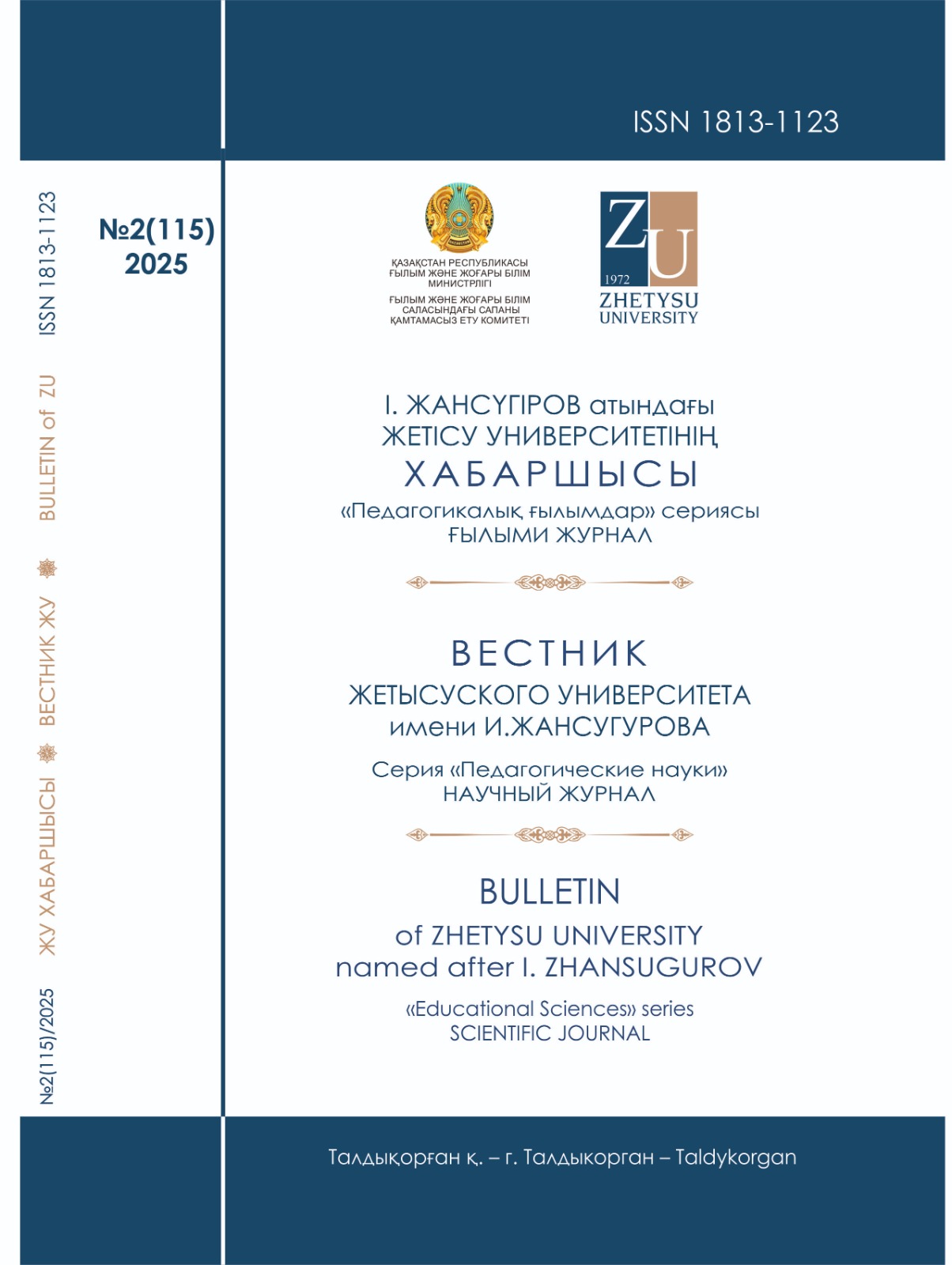DEVELOPMENT OF PROFESSIONAL COMPETENCIES OF STUDENTS IN TEACHING A FOREIGN LANGUAGE THROUGH INTERACTIVE METHODS
DOI:
https://doi.org/10.53355/ZHU.2025.115.2.002Keywords:
Interactive teaching methods, foreign language competence, professionally oriented learning, communicative approach, problem-based learning, role-playing in education, student-centered learning, language fluency developmentAbstract
This article deals with the effectiveness of interactive teaching methods in the development of professionally oriented foreign language competence among university students preparing for careers in education. The research examines how student-centered approaches, such as problem- based learning, role-playing, and case studies, contribute to the development of language fluency, communicative competence, and professional application skills. Interactive methods emphasize active engagement, real-world problem-solving, and collaborative learning, which are essential for mastering foreign language use in educational and professional settings. The findings suggest that integrating interactive techniques into foreign language education enhances students' ability to use language effectively in professional contexts, improves motivation, and fosters a deeper understanding of linguistic and cultural nuances. This study highlights the need for modern educational institutions to shift from traditional, passive learning models to dynamic, practice- oriented strategies that better equip future educators for real-world communication.

 ҚАЗ
ҚАЗ РУС
РУС ENG
ENG
